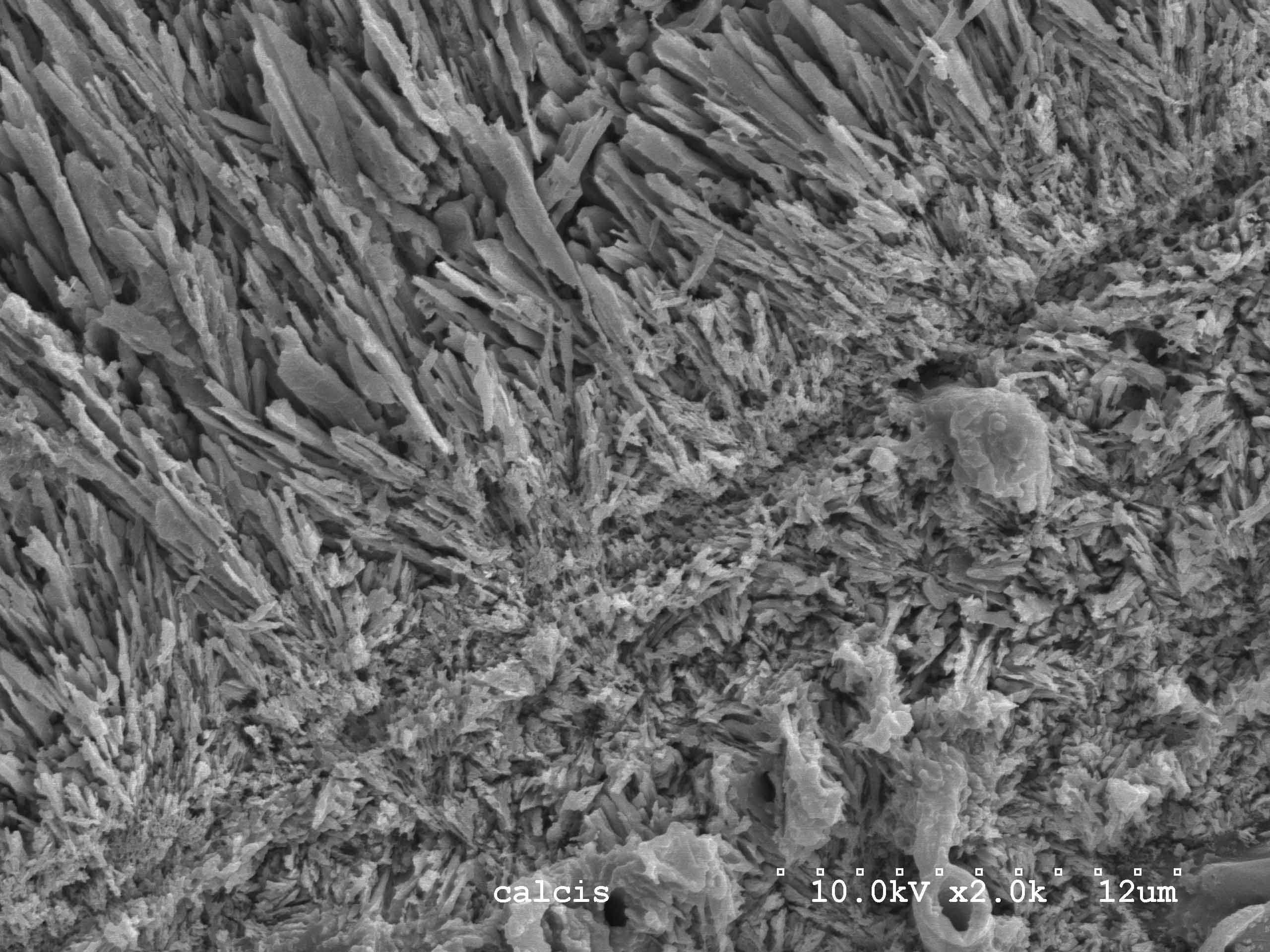biomineralising polychaetes on:
[Wikipedia]
[Google]
[Amazon]


 Biomineralising polychaetes are
Biomineralising polychaetes are


 Biomineralising polychaetes are
Biomineralising polychaetes are polychaete
Polychaeta () is a paraphyletic class of generally marine annelid worms, commonly called bristle worms or polychaetes (). Each body segment has a pair of fleshy protrusions called parapodia that bear many bristles, called chaetae, which are made ...
s that biomineralize.
The most important biomineralizing polychaetes are serpulids, sabellids and cirratulids. They secrete tubes of calcium carbonate. Serpulids have most advanced biomineralization system among the annelid
The annelids (Annelida , from Latin ', "little ring"), also known as the segmented worms, are a large phylum, with over 22,000 extant species including ragworms, earthworms, and leeches. The species exist in and have adapted to various ecol ...
s. Serpulids possess very diverse tube ultrastructures. Serpulid tubes are composed of aragonite
Aragonite is a carbonate mineral, one of the three most common naturally occurring crystal forms of calcium carbonate, (the other forms being the minerals calcite and vaterite). It is formed by biological and physical processes, including pre ...
, calcite
Calcite is a carbonate mineral and the most stable polymorph of calcium carbonate (CaCO3). It is a very common mineral, particularly as a component of limestone. Calcite defines hardness 3 on the Mohs scale of mineral hardness, based on scratc ...
or mixture of both polymorphs. In addition to the tubes, some serpulid species secrete calcareous opercula. Some sabellids and cirratulids can secrete aragonitic tubes. Sabellid and cirratulid tubes have a spherulitic prismatic ultrastructure. There are thin organic sheets in serpulid tube mineral structures. These sheets have evolved as an adaptation to strengthen the mechanical properties of the tubes.
References
{{reflist Polychaetes Serpulidae Biomineralization